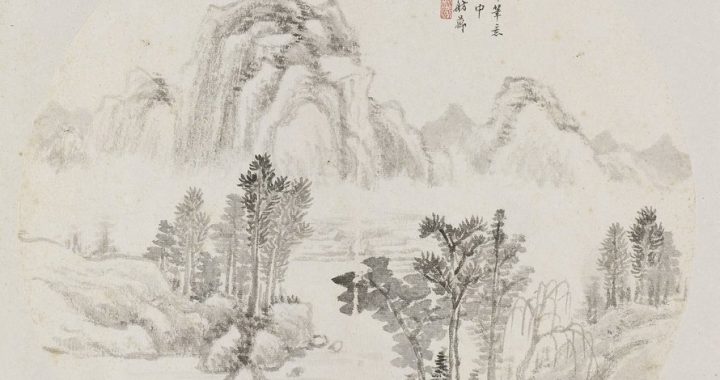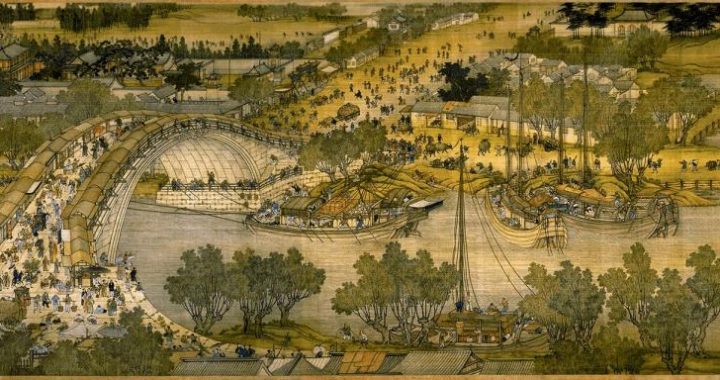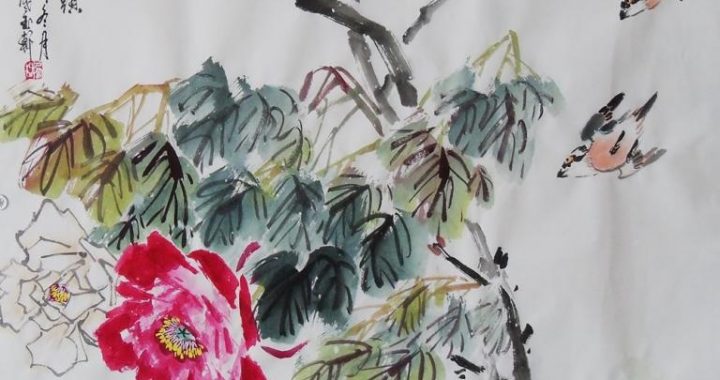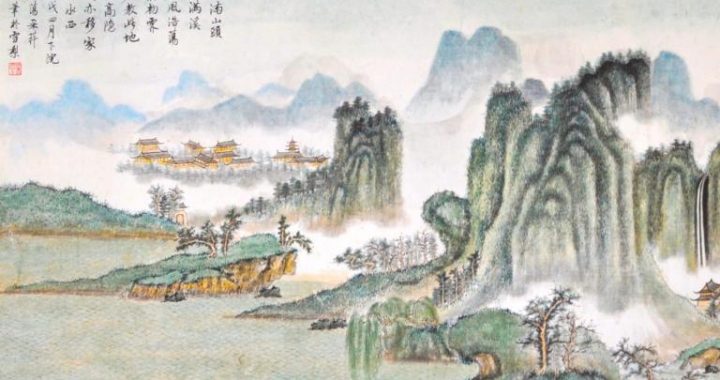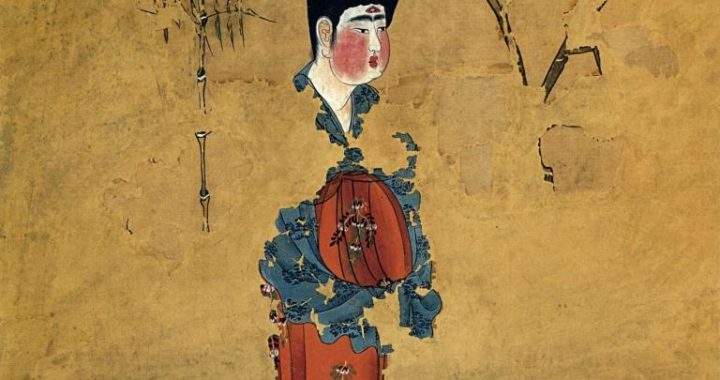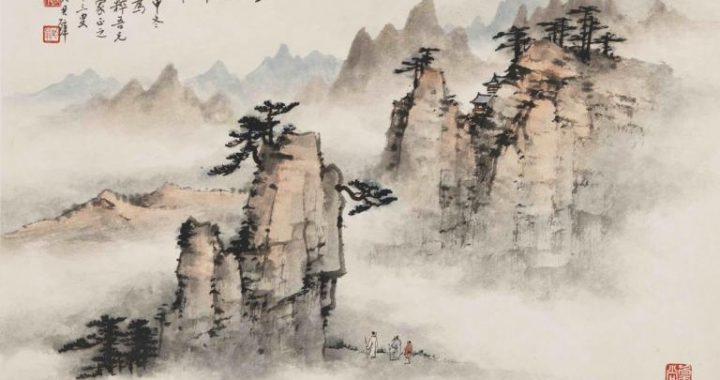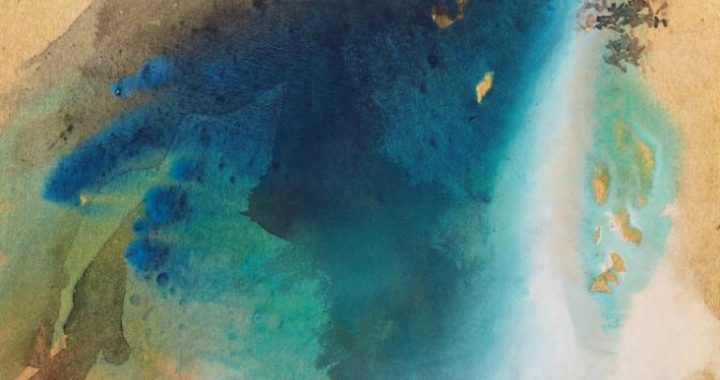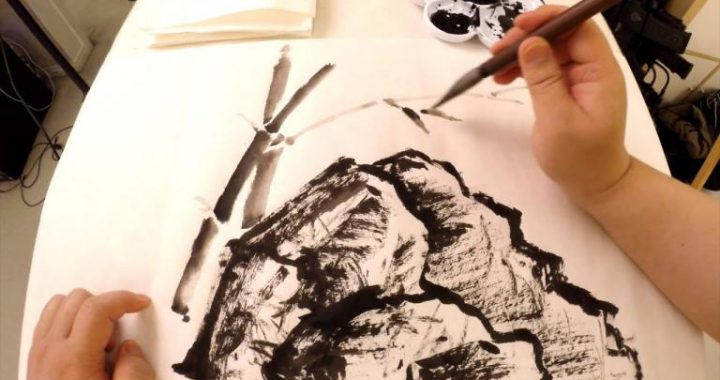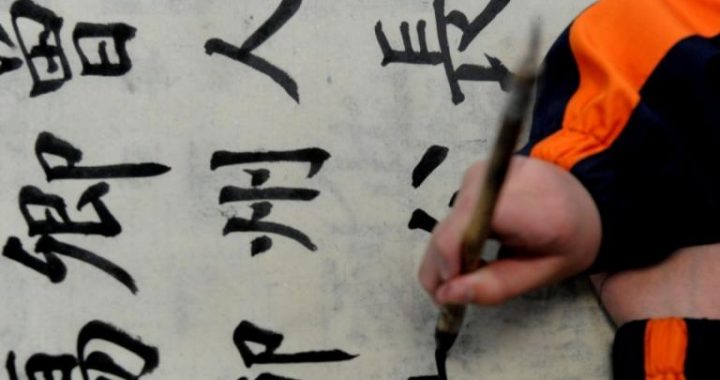Bai Juyi and the New Yue Fu Campaign in the Middle of Tang
3 min readAn-Shi Rebellion was a crucial turning point of the Tang society, as well as the development of Tang poems. Since then, the general style of Tang poems had transformed from romanticism to realism. Du Fu was the standard-bearer of the transformation. However, the realism of Chinese poetry did not reach a new height until the new Yue Fu campaign led by Bai Juyi officially arised. Facing a more diversified scenario of poetry development presented in poems in the early years of the mid-Tang, the leading poets of this campaign, such as Yuan Jie, Gu Kuang, Liu Changqing and Wei Yingwu, all proposed some poetic theories concerning realism and engaged actively in poem writing. Thus,a new style of the mid-Tang was initiated and they became the pioneers of the new Yue Fu campaign.
Bai Juyi(772-846), courtesy name(zi) Letian,(hao) Xiangshan Jushi. As a leading figure of new Yue Fu campaign, Bai Juyi’s biggest achievement is his theorythat poetry should serve politics, which he strongly believed in and carried out in practice. His proposition that poems should be written in the context of the times and for the times stressed the fact poetry should not be separated from the reality but be combined with the livelihood of general public as well as politics, economics, society at large. Besides, Bai Juyi also believed that poems should stem from life and be rooted in society, mirroring the real situation of the society. Bai Juyi also attached importance to the educational and social functions of poetry, claiming that poems were a result of condensed emotions and could educate people through language and sound, which should also enable the ruling class to be aware of the situation of the people. Bai Juyi also argued that the content and form should be unified,i.e., the form should serve the content. Bai Juyi pursued to use simple language and direct themes, harmonious tunes and fought against the flashy diction.

Bai Juyi wrote over 3000 poems. He is one of the Tang poets who left the most poems. Bai once classified the poems he wrote before age 51 into four types,i.e., the satirical, the leisurely and comfortable, the sentimental and the miscellaneous, with the most valuable in the satirical poem, which is also the focus of Bai poetry writing. His satirical poems are diverse in content and subjects, deep in thinking and high in value. The most representative is The Elderly Charcoal Seller. Bai Juyi also has high achievement in other types of poetry. Two of his most famous works are the long narrative poems Song of Eternal Sorrow, which tells the story of Yang Guifei, and Song of the Pipa Player.
Song of Eternal Sorrow is the longest narrative poem written by Bai Juyi, depicting the love tragedy between Emperor Ming of Tang and his concubine Yang. The poem has dual themes, one being the sarcasm over the emperor’s greed and infatuatiol over women and his loss of country and the other being a eulogy to the true love between them. The first part of the poem is realistic portrait and the second part is mainly a portrait of romanticism. The figures in the poem are so vivid, lively and touching. The language used is very elegant and forceful, perfectly integrating scenic description, narration, and the expressions of emotion in a natural and skillful way.
Song of the Pipa Player sheds Bai’s tears over the unfortunate life of a prostitute. Bai injected his personal feelings in the poem. The structure of the poem is winding, the description of objects and his arguments are thorough and convincing. In addition, he employs objects with distinctive features to describe the changes in music, rendering music a mythical yet penetrating charm.

Bai Juyi was influenced by the simplistic and plain style of Tao Yuanming andWei Yingwu. His poems are mostly simple in language and easy to understand. The combination of narration and argumentation are combined in a sharp contrast, together with detailed description of appearances and psychological activities. Theunique new Yue Fu produced far-reaching influences on the literary circles at home and abroad. Other participants in the Yue Fu campaign were Yuan Zhen, Zhang Ji and Wang Jian, who, though not as well-known as Bai Juyi in fame and status, all contributed greatly to the development of new Yue Fu campaign.
